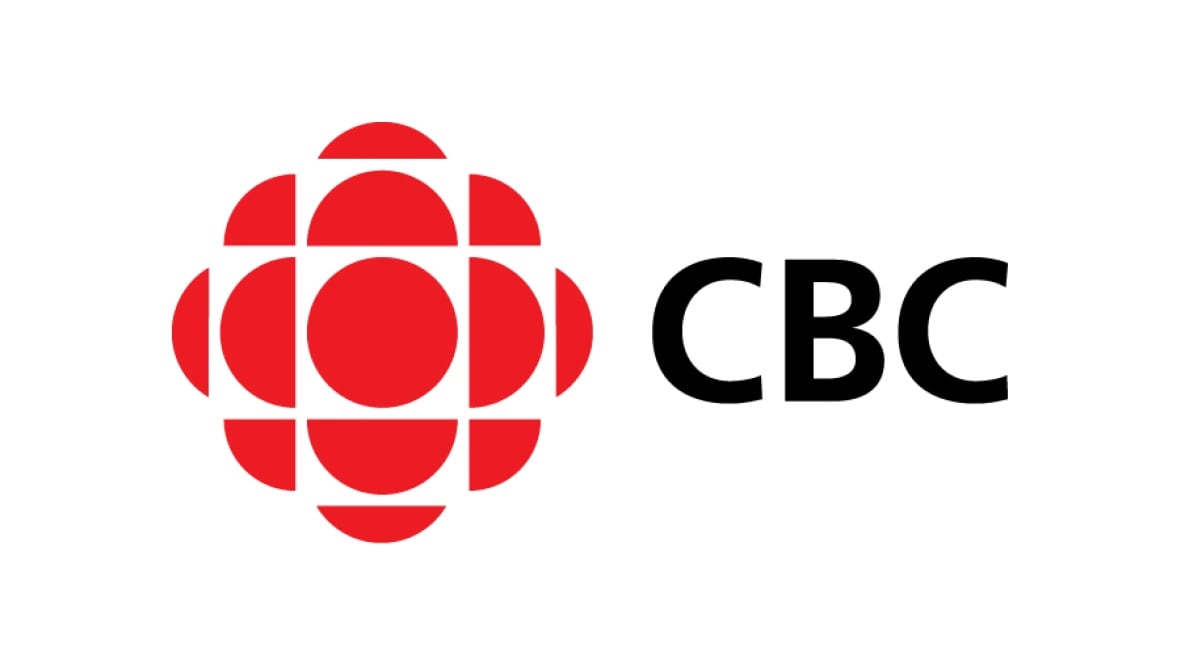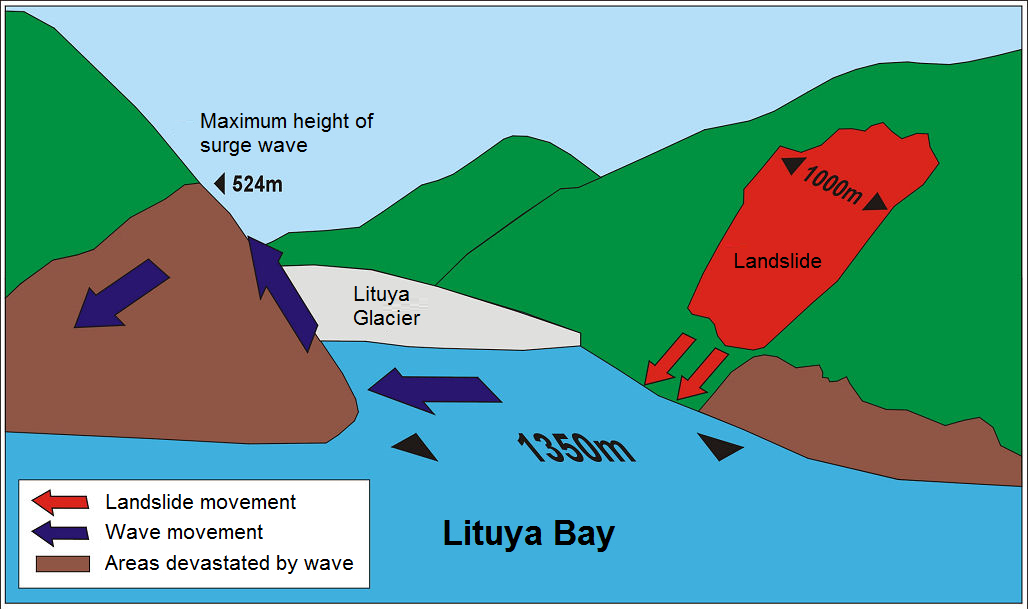Minor Geography WTF
-
Bored as hell at work today, so I was surfing the web, and I came across this gem in the Slashdot thread about the earthquake and resulting tsunami:
@DerekLyons said:
Sitting here in a house near Seattle, near the water... Part of the NOAA site says there is no alert, part of the website says there is an alert - but the page with details is down. Waiting and watching...
Yeah. I wouldn't mind an out-of-towner not being aware that Seattle isn't on the coast... but someone who lives near the city? Pretty sad.
-
Well, he was expecting a FRICKEN ENORMOUS tsunami, obviously.
-
I'm not sure but I don't think he actually specifies what he's worried about. Obviously this means he's really scared of Chultu.
-
Cthulhu appears after earthquakes? Thank god I'm pretty much in the center of the Eurasian tectonic plate.
-
I am not an expert on tsunamis, but it may be that the wave is going to affect Seattle, as it's got a direct connection to the ocean via Juan de Fuca strait, and Puget Sound. Guess it depends on the intensity of the arriving wave.
-
@dhromed said:
I am not an expert on tsunamis, but it may be that the wave is going to affect Seattle, as it's got a direct connection to the ocean via Juan de Fuca strait, and Puget Sound. Guess it depends on the intensity of the arriving wave.
Maybe if it was still the 30' tsunami. But the 3' one that hit our coast? Not a chance.
Edit: I've been googling for awhile, but I can't find a version of that NOAA map high-res enough to show the interior of Puget Sound. All the articles I've seen about Puget Sound tsunamis are assuming the earthquake occurs on the Seattle fault. (Which, yes, would definitely create one.) There are a few articles saying "not a chance" a Pacific tsunami can enter the Sound, but they don't have good cites alas.
-
Well, what does Wikipedia say?
-
@derula said:
Well, what does Wikipedia say?
Google says Wikipedia doesn't know. And Google's dad can beat up Wikipedia's dad!!
-
@blakeyrat said:
@DerekLyons said:
Sitting here in a house near Seattle, near the water
Yeah. I wouldn't mind an out-of-towner not being aware that Seattle isn't on the coast... but someone who lives near the city? Pretty sad.
I guess it depends on what he means by "near." From the perspective of a lot of people reading that, Vancouver is "near Seattle." And the actual Pacific coast looks closer than that. </P. <p> Of course, I may be too generous here with the benefit of the doubt. But between a random slashdotter and blakeyrat...
-
As I have learned throughout my life, some people have a really wide range of definitions of "near". However, when it comes to a Tsunami, I would be willing to consider Seattle to be "near the water".
-
@El_Heffe said:
As I have learned throughout my life, some people have a really wide range of definitions of "near". However, when it comes to a Tsunami, I would be willing to consider Seattle to be "near the water".
Well, duh. Chicago is "near the water" too. But the point is, the water it's near isn't really connected to the water the tsunami's in.
-
@blakeyrat said:
@El_Heffe said:
As I have learned throughout my life, some people have a really wide range of definitions of "near". However, when it comes to a Tsunami, I would be willing to consider Seattle to be "near the water".
Well, duh. Chicago is "near the water" too. But the point is, the water it's near isn't really connected to the water the tsunami's in.
In the case of Seattle, it is connected. Puget Sound is an arm of the Pacific. For the most part, a narrow-necked passage like that will damp out any sizeable wave heading in its general direction, but there are exceptions, and in the year and a half I lived in Seattle, I seem to remember hearing that they'd had problems back in the nineteenth century underestimating the tides. They figured with the Sound "almost" blocked off from the sea it should have significant tides, but there was something about the configuration that actually concentrated the rise and fall, like sticking your thumb over the end of a garden hose makes the spray come out more forcefully.
-
@da Doctah said:
and in the year and a half I lived in Seattle, I seem to remember hearing that they'd had problems back in the nineteenth century underestimating the tides.
I don't think it had anything to do with them underestimating the tides, so much as the city grew in a completely organic, unorganized fashion which lead to an awful sewer system that couldn't cope with high tide. Seattle was the original "skid row", it's not like we had hoity-toity civic engineers walking around in 1870... it was just some gold rush dudes with shovels. When they re-leveled the city, they hired actual engineers for the work, and the sewer's been fine since.
@da Doctah said:
but there was something about the configuration that actually concentrated the rise and fall, like sticking your thumb over the end of a garden hose makes the spray come out more forcefully.
Bunk.
-
@blakeyrat said:
@da Doctah said:
but there was something about the configuration that actually concentrated the rise and fall, like sticking your thumb over the end of a garden hose makes the spray come out more forcefully.
Bunk.
Demonstrate plz.
-
@dhromed said:
@blakeyrat said:
@da Doctah said:
but there was something about the configuration that actually concentrated the rise and fall, like sticking your thumb over the end of a garden hose makes the spray come out more forcefully.
Bunk.
Demonstrate plz.
Ok I'm wrong! Damn you for making me research my assumptions!
Funny, that statement set off the "bullshit" meter in my head something fierce. (Probably the retarded local news-level analogy about a hose.) I gotta get it re-calibrated.
-
I am a good influence on this world.
Yea.
I rule.
-
@dhromed said:
Filed under: $75 dollars, ΣHSL, orаnge, оrange, orange, ⑨, hwæt, what?, smurf, wacky tobacky, TNT, nip, STRONGLE is to STRANGLE what BONGLE is to BANGLE, ?, Wat de neuk, Kut, false, The possibillities are endless, YEEAAAAH!, ǝɹnʇɐǝɟ, tl, συγγνώμη, φακελάκι, There, then, in fact, derp derp, sadface.jp2, how do they work?, eh?, Assassin's Creed II is fucking fucking fucking gorgeous MMMMMMMMMMMMM GOOOOOD, X.509v3, TLS, science!, RSP, Round of applause., fat men solve everything, the dick tag will attract dhromed, :Þ, ⚐, Hey, the € worked ☺, how did the island girl climb the palm tree?, shit piled on shit, why?, No, wine, 21+21, wuut
Holy fuck goddamn. Are you trying to break this thing again?
-
@blakeyrat said:
Bored as hell at work today, so I was surfing the web, and I came across this gem in the Slashdot thread about the earthquake and resulting tsunami:
@DerekLyons said:
Sitting here in a house near Seattle, near the water... Part of the NOAA site says there is no alert, part of the website says there is an alert - but the page with details is down. Waiting and watching...
Yeah. I wouldn't mind an out-of-towner not being aware that Seattle isn't on the coast... but someone who lives near the city? Pretty sad.
He's right to worry. It's not immediately obvious that Seattle is not at risk. Wouldn't be justified to scream 'head for the hills' but not unjustified to check the necessity. When a tsunami (or just an ordinary tide) hits a narrowing bay like Puget Sound, the bay acts like a funnel - you can end up with a much bigger wave than if it was able to spread out. Like what happened in Minamisanriku.
-
@intertravel said:
He's right to worry. It's not immediately obvious that Seattle is not at risk. Wouldn't be justified to scream 'head for the hills' but not unjustified to check the necessity. When a tsunami (or just an ordinary tide) hits a narrowing bay like Puget Sound, the bay acts like a funnel - you can end up with a much bigger wave than if it was able to spread out. Like what happened in Minamisanriku.
Well, either way now we know it's a non-issue. Maybe I'm too tough on the guy.
-
Tsunami and landslide with impressive wave previously recorded in the general area:
Tsunami slams B.C. coast March 31, 1964
http://archives.cbc.ca/on_this_day/03/27/
1958: Lituya Bay, Alaska, USA
On 9 July 1958, a giant landslide at the head of Lituya Bay in Alaska, caused by an earthquake, generated a wave with an initial amplitude of 524 meters (1,720 ft).
http://en.wikipedia.org/wiki/Megatsunami#1958:_Lituya_Bay.2C_Alaska.2C_USA
-
@GreyWolf said:
Tsunami slams B.C. coast March 31, 1964
Yeah... coast. We're talking about a tsunami inside the Puget Sound. Totally different-- obviously the coast of Washington got hit. (Not as bad as Oregon or northern California, though.)
@GreyWolf said:
1958: Lituya Bay, Alaska, USA
On 9 July 1958, a giant landslide at the head of Lituya Bay in Alaska, caused by an earthquake, generated a wave with an initial amplitude of 524 meters (1,720 ft).Yeah, but the source of the tsunami was IN the Bay. If the Seattle fault quaked, and caused a tsunami IN the Puget Sound, then obviously Seattle would be affected.
-
-
What does the Puget sound like anyway? I always listen when I'm in Seattle but I never really notice anything...
-
@Mason Wheeler said:
What does the Puget sound like anyway? I always listen when I'm in Seattle but I never really notice anything...
It's quite rare to actually hear it. Mostly it just waves.
-
@Mason Wheeler said:
What does the Puget sound like anyway? I always listen when I'm in Seattle but I never really notice anything...
It makes lots of grumpy noises 'cause it's got crabs in its bed.
-
In Seattle we are used to water coming from the top.
The concept of water coming from the side is foreign and worrying. So I think this is understandable.
-
a pacific tusnami has to go through the straight of Juan De Fuca to get into the sound (it doesn't seem to funnel like a lot of bays do).. aka not much energy compared to the size of the sound. so yeah it'll be measurable to someone who knows what they're looking at on instruments (and if it was like.. 30' on the coast it would still be a couple feet in parts of the sound) .. but we're fairly safe.. especially since it's so hilly. i live in Redmond so i wasn't worried much.. i was curious (i'm an earth science geek)...
my dad who lives in central time woke me at 5am our time because he wasn't sure if it was a threat to me or not (he's not good at geography so i couldn't be mad at him).
@superjer said:
In Seattle we are used to water coming from the top.
The concept of water coming from the side is foreign and worrying. So I think this is understandable.ha :D

 Megatsunami - Wikipedia
Megatsunami - Wikipedia
